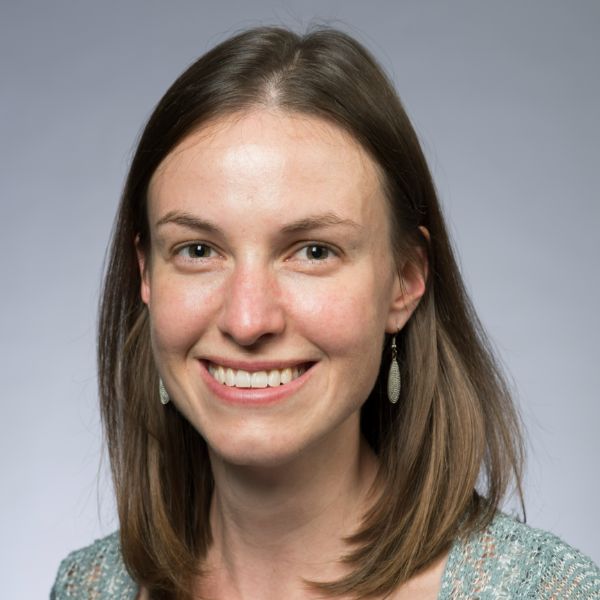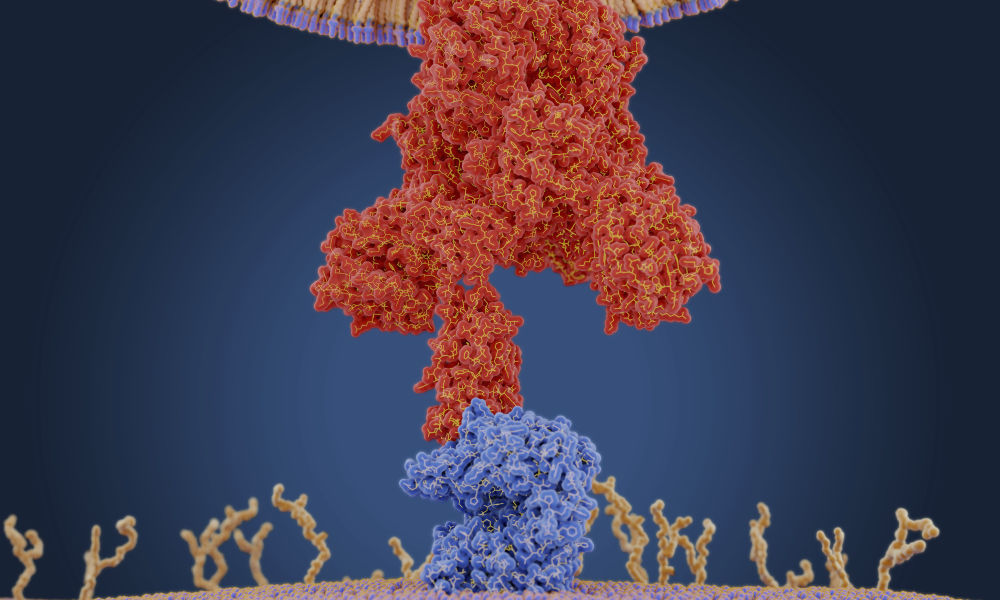
COVID-19 vaccine: What’s RNA research got to do with it?
RNA research at the University of Rochester provides an important foundation for developing antiviral drugs, vaccines, and other therapeutics to disrupt the global spread of coronavirus.
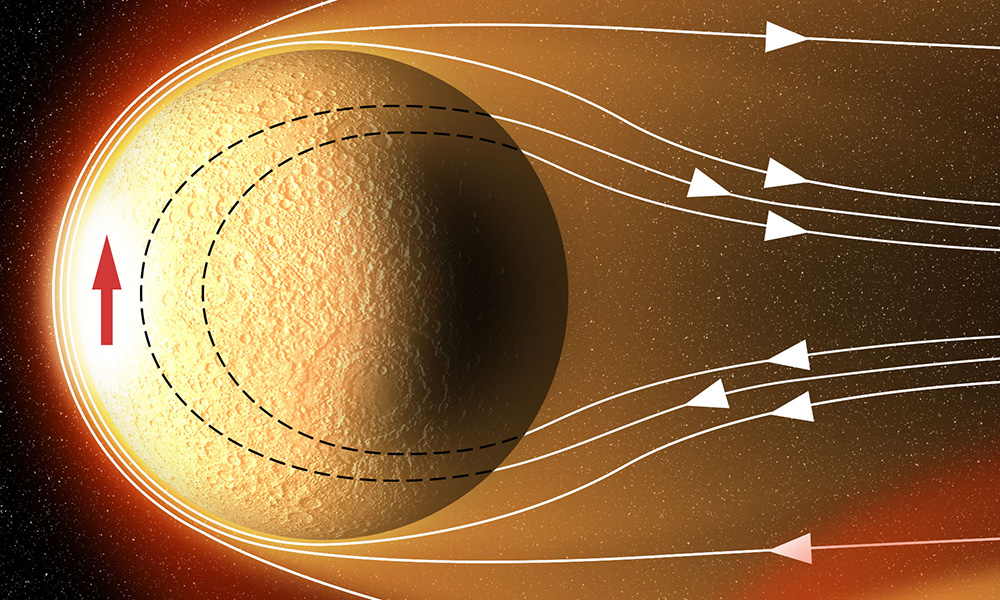
Rochester researchers uncover key clues about the solar system’s history
Researchers have used magnetism to determine, for the first time, when asteroids that are rich in water and amino acids first arrived in the inner solar system.

Student team develops noninvasive endometriosis test
The test, developed by Rochester undergraduate students in the biological sciences, would eliminate the need for surgery to diagnose the painful condition.
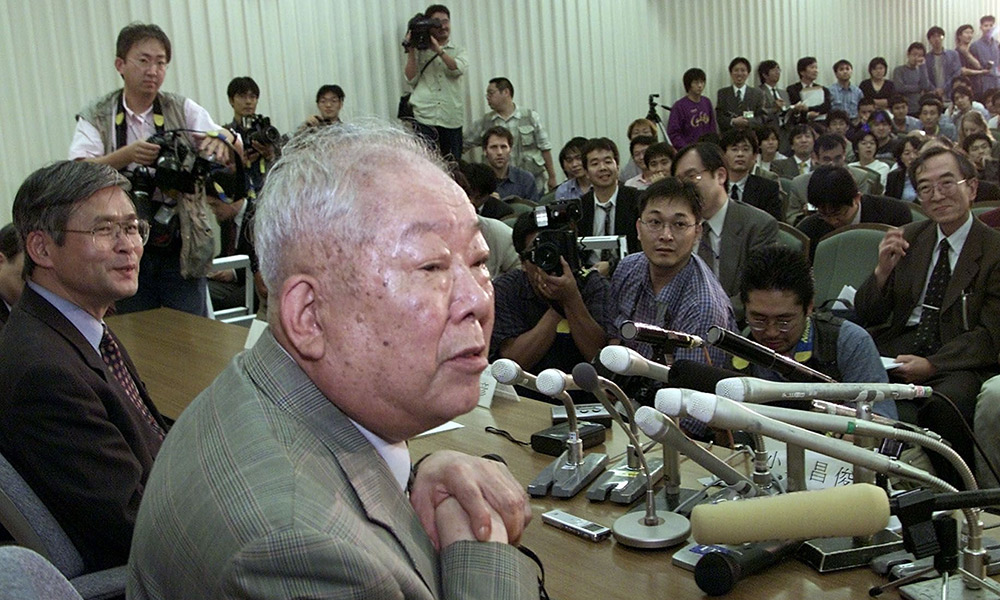
Nobel Prize laureate remembered for groundbreaking research on neutrinos
Rochester graduate Masatoshi Koshiba ’55 (PhD), who died November 12, received the 2002 Nobel Prize in Physics for detecting and measuring subatomic particles known as neutrinos.
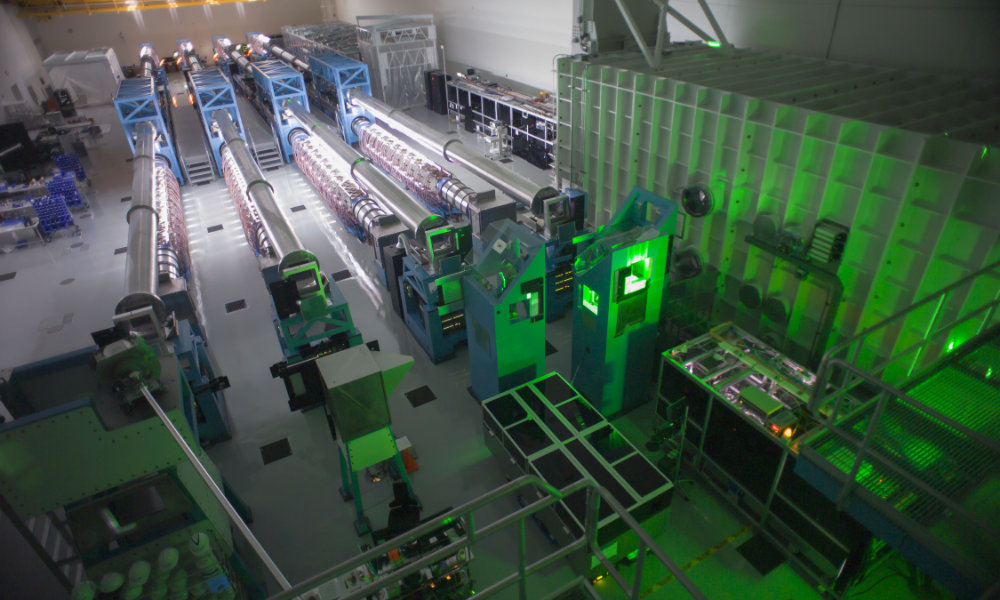
University expands access to OMEGA EP laser with Energy Department’s LaserNetUS initiative
The Department of Energy funding, distributed to the Laser Lab and other LaserNetUS institutions, will provide beamtime for researchers across the globe to conduct laser experiments using network facilities.
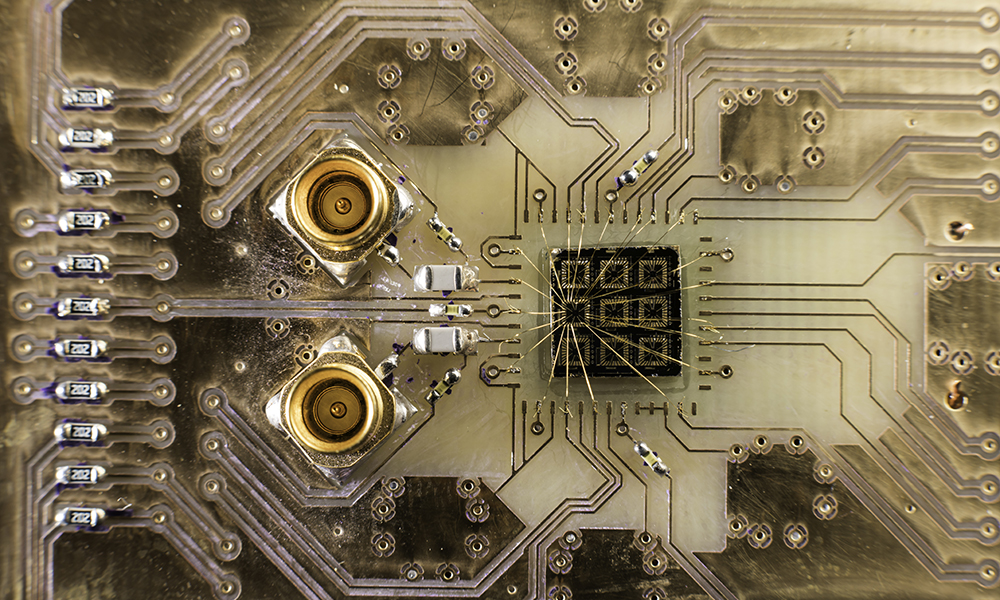
Quantum engines? Entanglement as fuel?
It’s still more science fiction than science fact, but perfect energy efficiency may be one step closer due to new research by Rochester physicists.
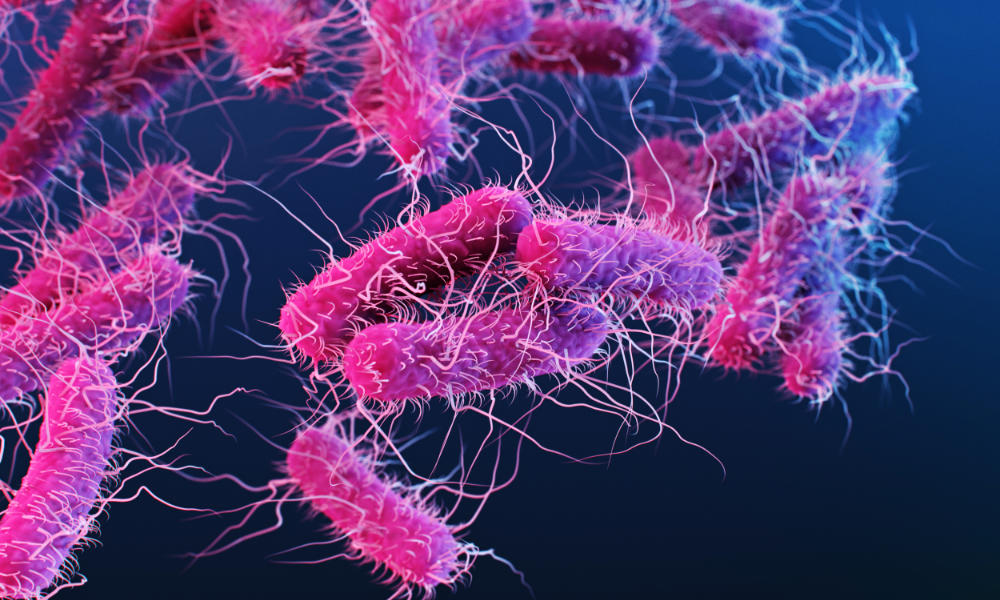
A route to better antibiotics: understanding ‘stressed bacteria’
Rochester biologist Anne S. Meyer’s research into the mechanisms behind bacteria’s responses may lead to more effective antibiotics and less antibiotic resistance.
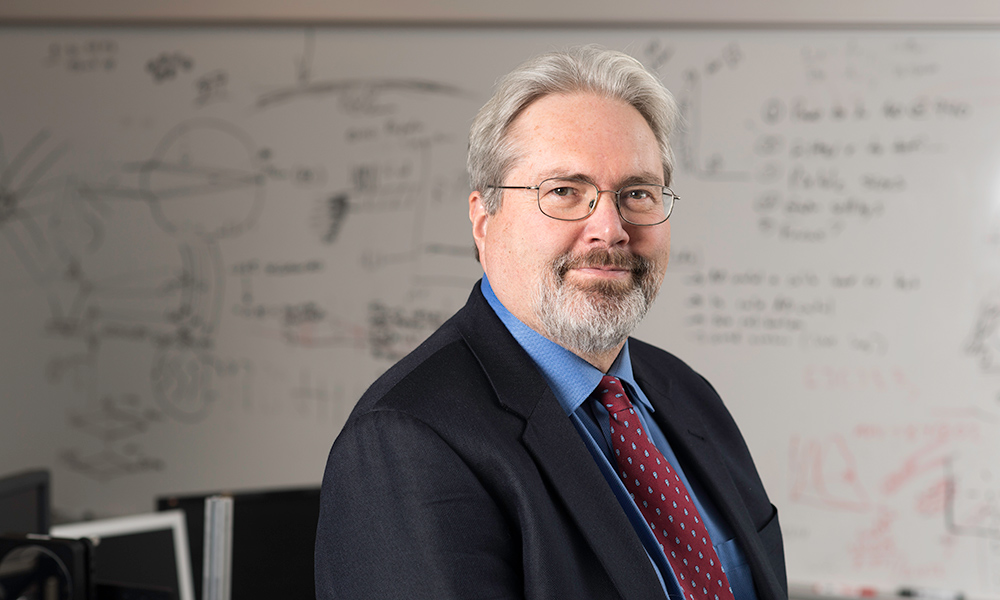
Rochester researcher recognized with national award for outstanding vision research
National vision research organization recognizes David Williams for his research, the organization’s third consecutive honoree with University of Rochester ties.
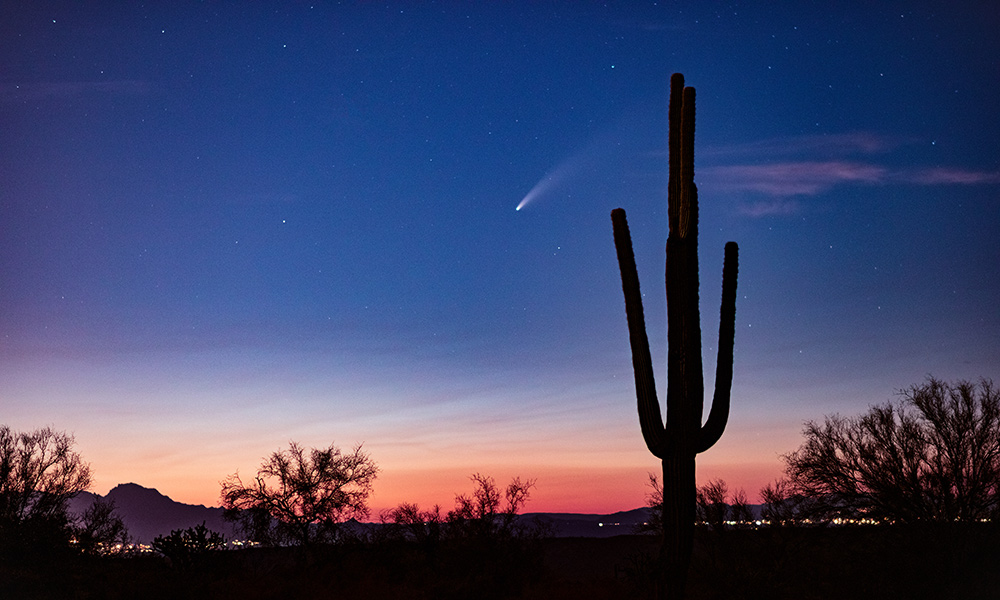
How to view Comet NEOWISE
Work by Rochester researchers will help make a space-based infrared telesecope—the kind that detected Comet NEOWISE—even more precise.
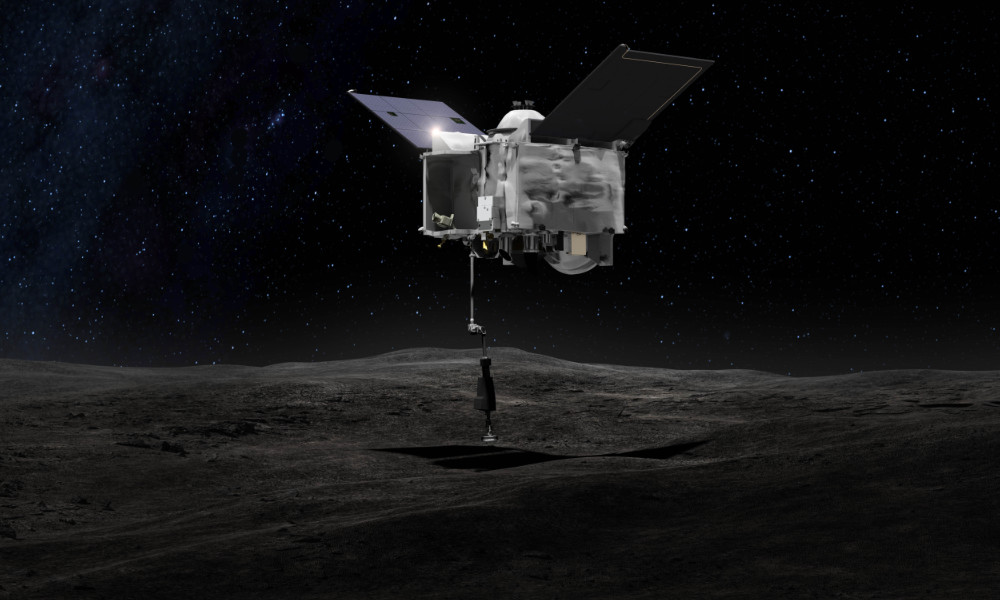
New data about asteroid surfaces will help explorers touch down safely
Using sand, marbles, and mathematical modeling, Rochester researchers from across departments worked to improve the accuracy of data collected from the surfaces of asteroids.

